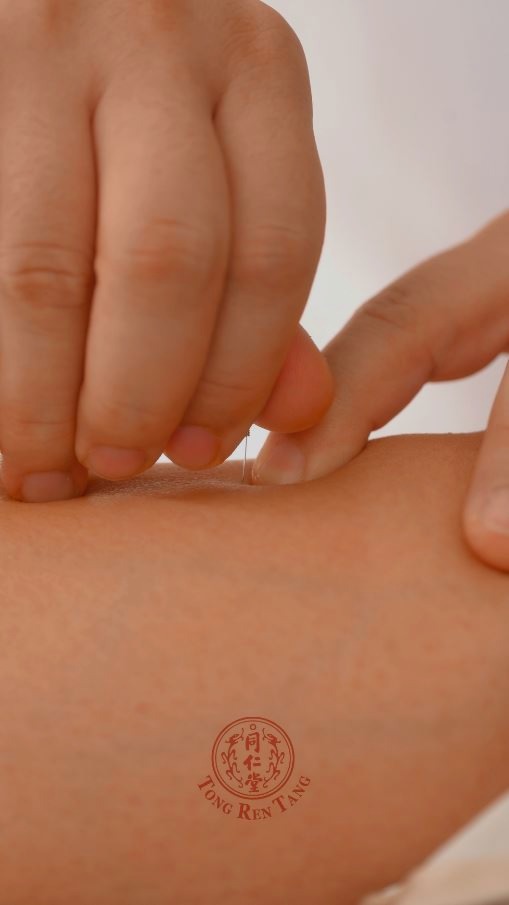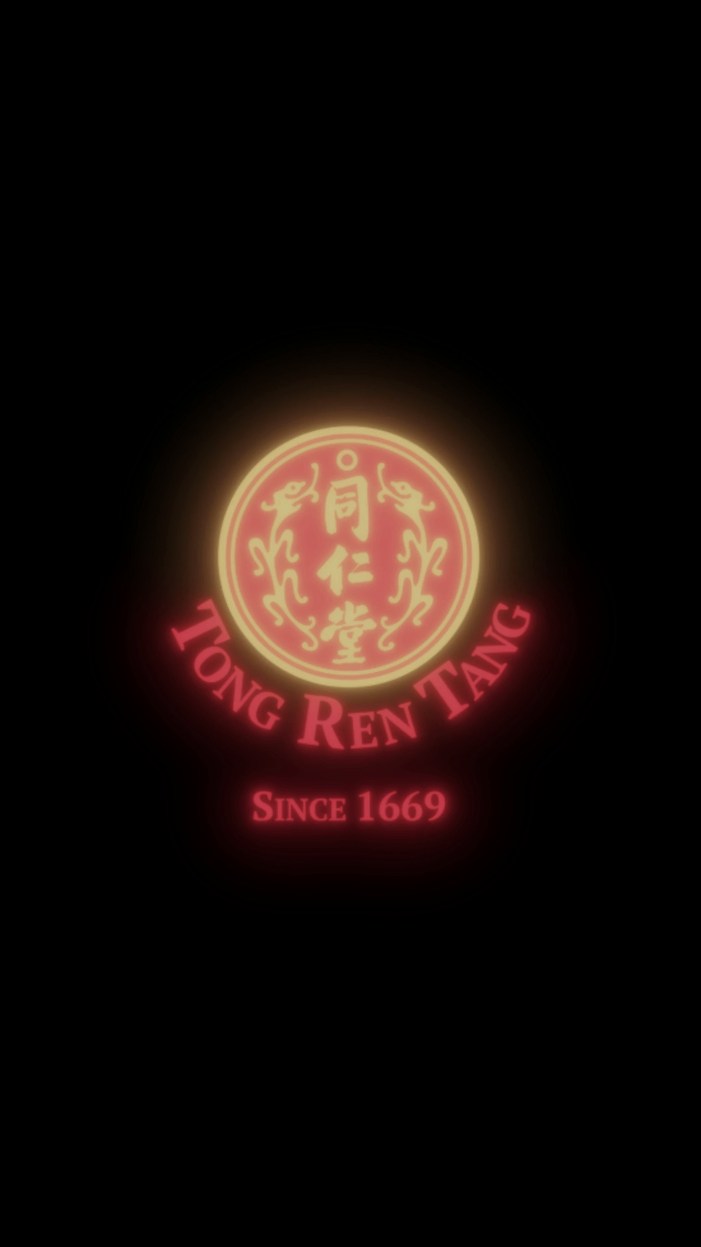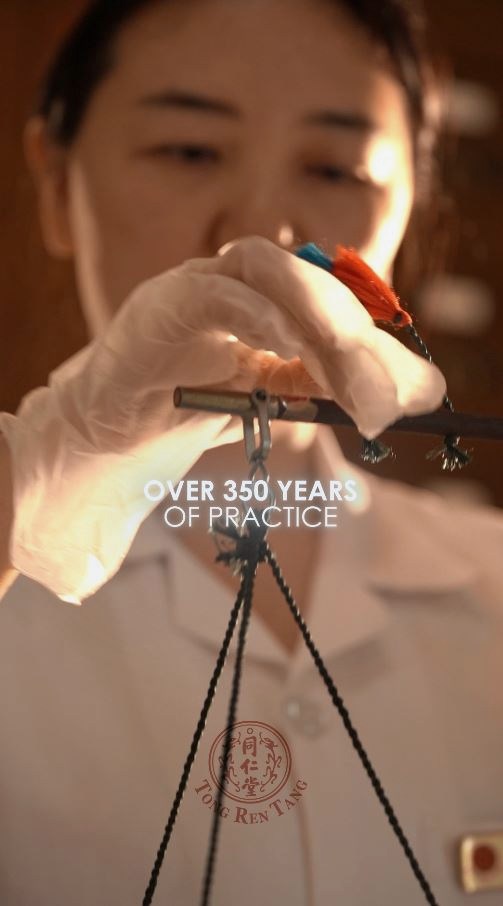Holistic Approach to Hypertension
Traditional Chinese Medicine (TCM) takes a holistic approach to managing high blood pressure. Instead of just addressing the symptoms, TCM focuses on the underlying imbalances in the body that contribute to hypertension. Practitioners believe that factors such as stress, poor diet, and lack of exercise can create blockages in the flow of Qi (vital energy), leading to increased blood pressure. Acupuncture is one of the most well-known TCM practices used to treat hypertension. By inserting fine needles into specific points on the body, acupuncture aims to restore balance, relieve stress, and improve blood circulation. Many patients report a decrease in their blood pressure levels after several sessions, making it a viable option for those seeking natural treatments. Herbal remedies also play a significant role in TCM’s approach to hypertension. Various herbs such as Dan Shen (Salvia miltiorrhiza) and Huang Qi (Astragalus) are commonly used to help regulate blood pressure. These herbs work by promoting circulation, reducing inflammation, and calming the nervous system, which are essential in managing hypertension effectively.

Lifestyle Modifications with TCM
In addition to acupuncture and herbal treatments, TCM emphasizes the importance of lifestyle modifications in managing high blood pressure. Diet plays a crucial role; practitioners often recommend a balanced diet rich in whole grains, fruits, and vegetables while reducing sodium intake. Foods that are known to benefit heart health, like green tea and garlic, are frequently suggested. Physical activity is another essential factor. TCM encourages gentle exercises such as Tai Chi and Qigong, which not only improve physical fitness but also promote mental well-being. These practices help reduce stress and anxiety, which can be significant contributors to hypertension. Patients who incorporate these exercises into their routine often see improvements in both their physical and emotional health. Mindfulness and stress management techniques are also integral to TCM’s approach. Practices such as meditation and deep breathing exercises can help calm the mind and reduce tension in the body. Lowering stress levels can have a direct positive impact on blood pressure, making these techniques valuable complements to other TCM therapies.
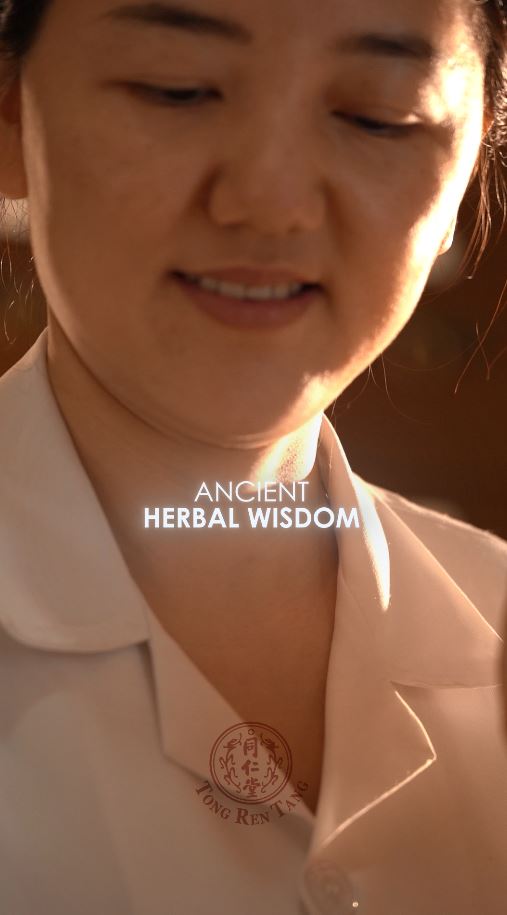
The Role of Mind-Body Connection
The mind-body connection is a fundamental principle in Traditional Chinese Medicine. TCM believes that emotional health is deeply interlinked with physical health; therefore, addressing emotional well-being is essential in treating hypertension. Emotional states such as anger, fear, and stress can disrupt the flow of Qi, leading to elevated blood pressure. Practitioners often encourage patients to engage in activities that promote relaxation and emotional balance. This might include practicing mindfulness, engaging in creative pursuits, or spending time in nature. By fostering a sense of peace and contentment, individuals can help regulate their blood pressure more effectively. Additionally, TCM acknowledges that chronic conditions like hypertension can lead to frustration and anxiety, creating a vicious cycle. Therefore, the therapeutic relationship between practitioner and patient is vital. A supportive environment allows patients to share their concerns and feelings, which can significantly enhance their overall treatment experience and outcomes.
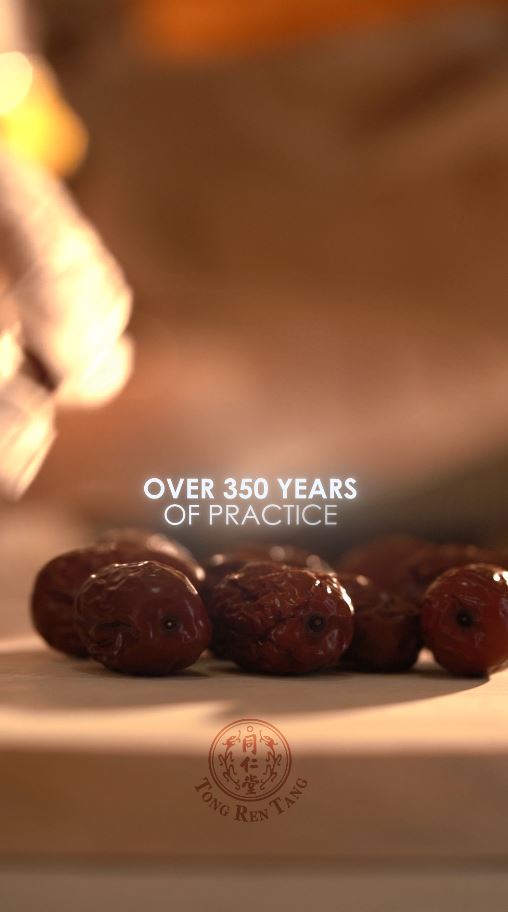
Ready to Regain Your Health Naturally?
At Beijing Tong Ren Tang Clinic in Dubai, our licensed TCM practitioners specialize in personalized care that treats the root cause of vertigo. Book your consultation today and take your first step toward lasting balance and relief. Visit us: www.trtgulf.com or call us at 800826

